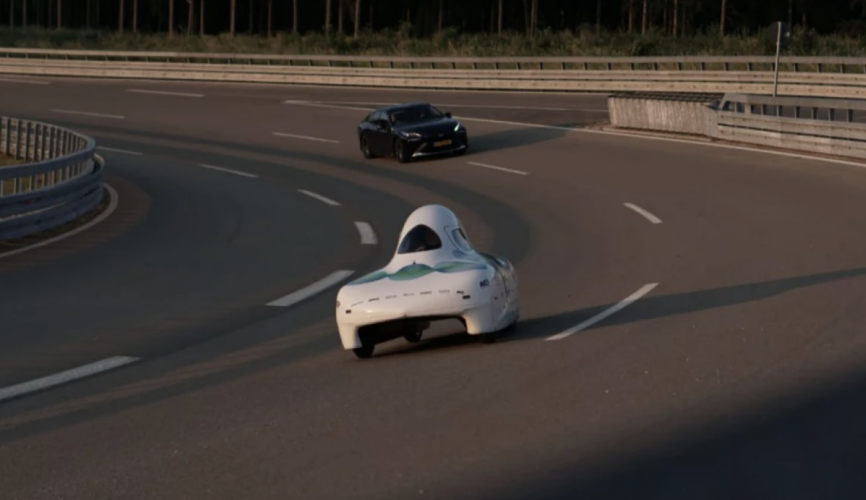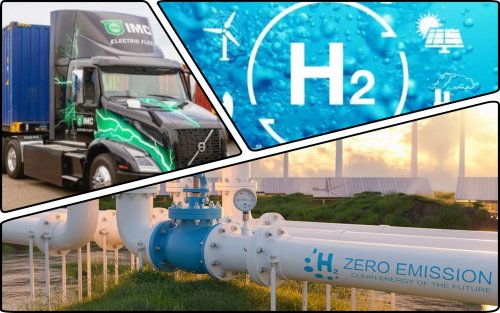In the Netherlands, students at the Delft University of Technology have developed the Eco-Runner XIII hydrogen car, which travels 2488.45 km at a speed of 45 km/h on 950 g of hydrogen.
The project was included in the Guinness Book of Records for the longest distance a car traveled on full tanks of hydrogen fuel (prototype), according to New Atlas.
It is noted that Eco-Runner is a student project that has been launched by different teams since 2005.
The material said that the previous prototype 2020 was able to travel 1195.74 km in 36 hours. And the 2022 Eco-Runner is 2056 km, but its speed was half that of a new car. Eco-Runner XIII has a more advanced aerodynamic shape and a lighter design.
"The project is ongoing and the next team now has a goal to reach," New Atlas said.
Earlier, EcoPolitic wrote, that the automotive giant Toyota, together with partners, is developing light hydrogen trucks with quick refueling. They should be released in Japan in 2023.
As EcoPolitic reported earlier, the American company Universal Hydrogen conducted a test flight on a 40-seat passenger regional airliner using hydrogen fuel cells.





